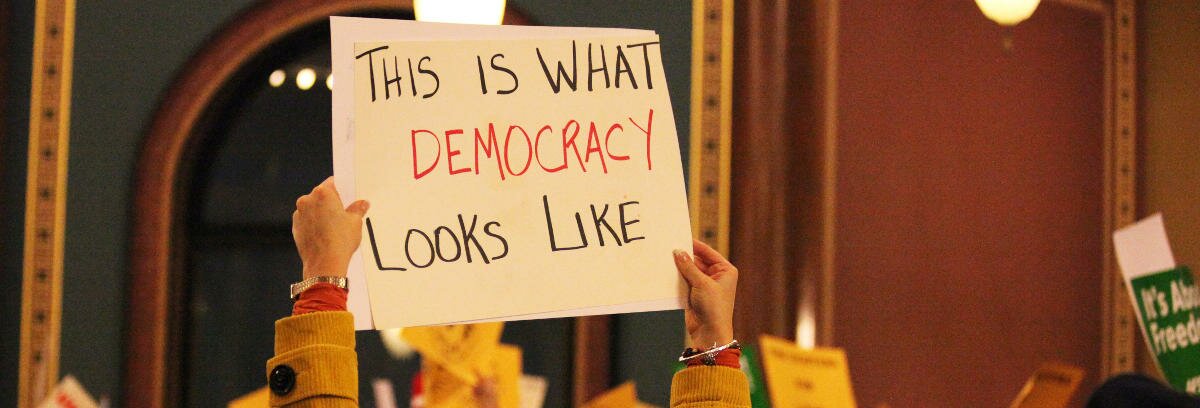Seamus Kraft - fellowship review
by SF Team, 1 September 2017

https://secure.flickr.com/photos/mfhiatt/5513840452
When Seamus first joined our fellowship, had a big vision for bringing citizens and government together using 21st century digital technology.
Seamus Kraft is the co-founder of The OpenGov Foundation, a Washington, DC, organisation that boosts collaboration and openness in governments and communities. When Seamus first joined our fellowship, had a big vision for bringing citizens and government together using 21st century digital technology. Having worked for the US House Oversight Committee, he was familiar with the challenges, opportunities and obstacles that exist within federal government decision-making processes. He believed he could help, along with The OpenGov Foundation team.
This seemed overly ambitious at first, especially in the US, where shifting process at federal level is an enormous task. So Seamus started smaller, at the city level, where the proximity of citizens, government and the consequences of their interactions (or lack thereof) are much closer. This gave him the opportunity to really test assumptions, get to the bottom of the issues - both political and practical - and implement proposed solutions in a real environment.
Over the next 2 years he focused at local level, where political turmoil was a constant companion. Elections changed local priorities, support for greater engagement came and went, and attempts at change management were interrupted. At administrative and local neighbourhood level there were encouraging indicators that progress was being made, but success was still a long way off.
And then something interesting happened. While The OpenGov Foundation was building the foundations of technology and coalition, the US presidential election of 2016 created a shake-up at federal level. While civil society had found the rhythm of engaging government during the previous administration, the new administration brought an entirely new set of challenges. This lead to an urgency to find more efficient, effective avenues for both broad and deep engagement on all sides. An opportunity opened up at federal level for The OpenGov Foundation’s vision to become reality. Seamus and his team could now apply the legislative transformation lessons they had learned at the state and local level where they were born— in the United States Congress.
Enter The OpenGov Foundation’s new programmes. First, the Congressional Digital Service, a plan Congress is set to adopt, that establishes a talented team of technologists, designers and process innovators inside Congress. They will power innovation, openness and culture change from the inside. Second, Article One, a new open source product that radically improves how the public and their elected officials engage via phone, fax and text message. And third, the Congressional Research Squad, embedded in Congressional offices to apply user-centered design to the complex challenges of representative democracy in the Internet Age. Together with the growing team at The OpenGov Foundation, these programmes will deliver the data-driven understanding, products and policy innovations needed to upgrade Congress for the digital age.
Seamus is uniquely experienced and positioned to intervene at this level at this time. His first year post-fellowship is going to be busy.